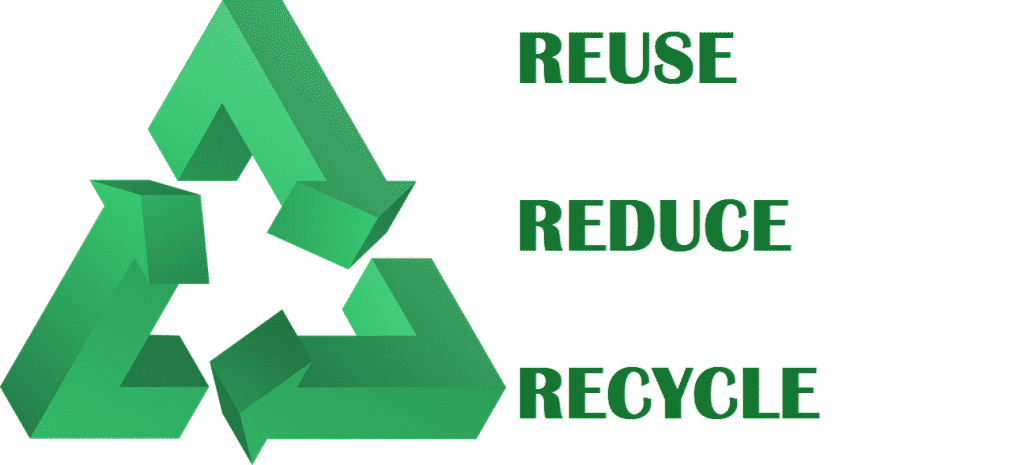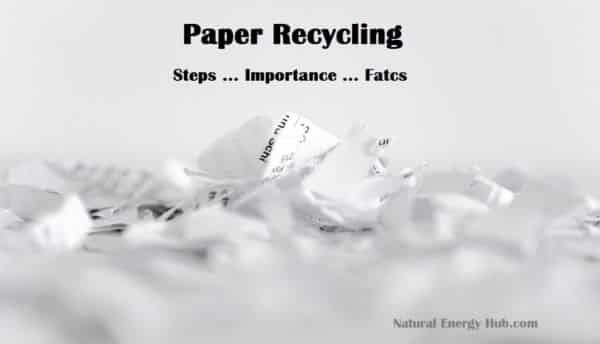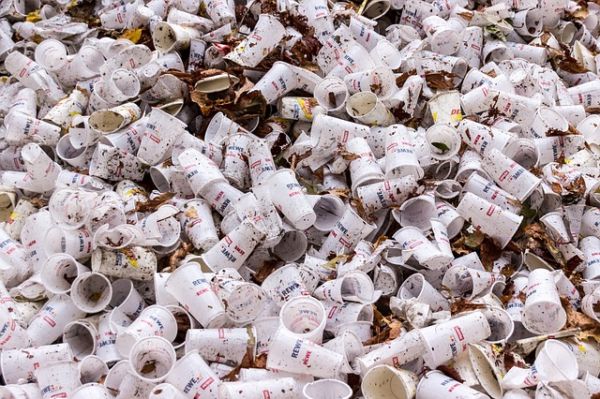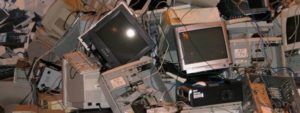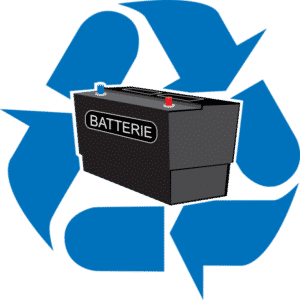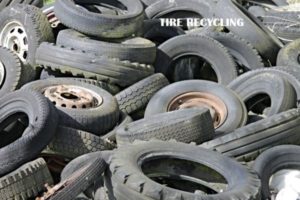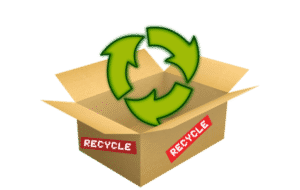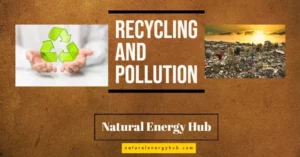When recycling is attaining much significance it is mandatory for us to know what recycling is. Here we make you understand and aware of what is recycling, its evolution or history, its benefits, and the process of recycling.
Recycling is a word which is gaining importance day by day. What has made this word so popular? Let us see in detail why recycling is so important.
What is Recycling?
The word ‘recycle’ means converting an old stuff into new usable product. Recycling of a product implies that transforming a waste product to a new usable one. The usual scenario is that, recycling of a used product gives out the same new product. The process helps in significant reduction of waste. Even using food waste for agriculture or garden is said to be recycling of materials.
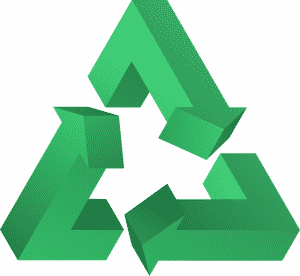
History of Recycling
The recycling is in existence from the 400 BC itself. The non-existence of no much waste from the earlier times shows that all the waste or residue like ashes, potteries etc. were recycled. Europe witnessed recycling of bronze even before the industrial era.
Industrialisation paved way for the increase in the need of recycling due to the scarcity and the increased price of raw materials. The used materials which were thrown out as waste were available on cheap prices and also in abundance. The 19th and 20th century saw the remarkable move to recycling as huge scrap was consumed on a very large scale. After the First World War, there was a significant change as many merchants collected the materials for recycling as they could identify the positive movement of market towards recycling.
Recycling of used papers to new papers in Japan and brick making from the ash of timber and coal in Britain were two notable moves to the development of recycling.
Significance/Benefits of recycling
The benefits of recycling are gigantic. As it gained much importance and also has a high scope for future, the importance of recycling is very high. Recycling is the ever best way, no matter what the product is. It can be done from our homes to the biggest of big companies.
Let us unearth to its importance and benefits:
- Waste minimisation: The waste spills over the surrounding land and dumping would drastically reduce. As all the waste or used products are being recycled, there will be no waste left. Waste, is a very crucial question as the disposal of it is causing many issues around us. Recycling is the ever best solution for this.
- Prevents pollution: When new, fresh raw materials are used there are many chance of pollution by emitting toxic gases or greenhouse gases. And also the waste spilling does not happen as it is being recycled. These two factors prevent pollution of the environment at a very fast rate.
- Less usage of fresh resource: The use of fresh resources for manufacturing would be very less when the old products are being recycled. This prevents the resources from depletion and thereby saving it for future.
- Energy conservation: the less use of fresh resources conserves the resources for our future generations as our old generations kept it for us. Moreover the resources that are under the threat of depletion can be saved.
- Jobs creation: Recycling being an industry and have high potential, large scale companies are yet to set up and are being set up. This results in creation of wide array of jobs all throughout. United states have already witnesses the change as they already saw the growth of recycling industries and have identified the potential.
- Conserves natural resources: Conserving natural energy for future is not an easy task. If that is being able to be implemented then recycling is the best solution ever.
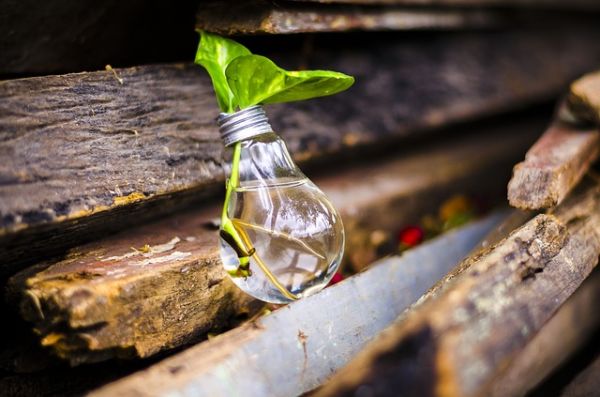
Different types of recycling
Recycling is the general term of all kinds of it. The process and name for each recycling are different. Recycling is actually classified into two:
One is recycling of the no more useful things to new products and the other type is of reuse. That is reusing of the used products for another purpose. For example, composting or reusing the food waste.
In the first classification itself, there are many different recycling:
- Paper recycling
- Glass recycling
- Metal recycling
- Plastic recycling
- Textile recycling
- Electronic recycling
- Tire recycling
- Battery Recycling
- Computer Recycling
All these are wide and vast topics that can be explained in different types of recycling.
Recycling process
There are some common steps that are being followed in recycling process, irrespective of the product. The main steps involved are:
- Collect: Collection of the recyclable products through different means of collection is the first and foremost step in recycling. The process of collecting waste can be through different ways:
- Curbside collection– It is collection of waste from the households on a daily basis. It would be mainly the initiative of the government local body to collect the waste from each house by an individual using a waste carrying truck.
- Buy-back collection– It is the collection of recyclables that are cleaned and separated. The general recyclables can be bought in these collection centres.
- Drop off collection– it is the collection by which an individual collects the recyclables to a single separate unit or location.
- Sort: Sorting comes into picture when the mixed collection is happening. It is a heavy task to separate and sort the waste into each separate recyclables. The general recyclables are sorted and separated in to each classification such as glass, cardboards, papers, plastic etc
- Cleaning: The thus sorted and separated recyclables are then washed and cleaned as it comes together in the mixed bundle waste; it is so obvious that it is dirty. Cleaned recyclables can only go to the next step.
- Recyclables sent to recycling Company: The sorted and cleaned recyclables are sent to the recycling Company for further process. It is easy for the Company for processing as the recyclables are well sorted and cleaned.
- Smelt: The recycling companies smelt these recyclables in order to give out the exact raw materials to the product manufacturing companies. Melting of these products can bring the recyclables into exact raw materials.
- Factory receives the raw materials: the manufacturing companies receive their particular raw materials from the recycling factory to produce brand new products from it.
Thus the recycling or reuse is the very best way to reduce waste and landfills and thereby reducing land pollution, soil pollution etc. And it also helps in preventing greenhouse gas emissions to prevent air pollution to a certain extent. Along with conserving energy we get new products by using the same raw materials and saving the resources for future.
